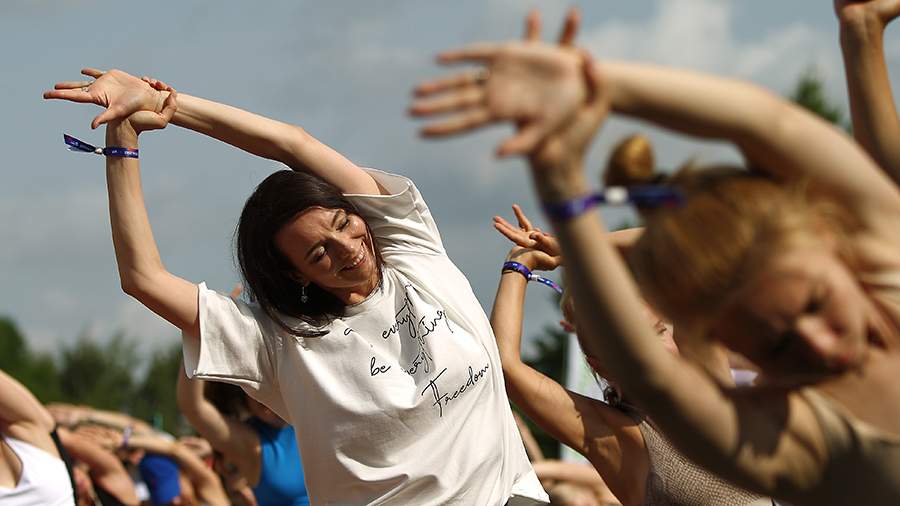The doctor named the rules for weather-sensitive people during an anticyclone

Elevated atmospheric pressure is especially dangerous for patients with cardiovascular diseases. During the anticyclone period, many people experience an increase in blood pressure. It may be accompanied by headache, weakness, or dizziness. Oksana Pivovarova, Professor of the Department of Therapy at the Medical Faculty of the State University of Education, therapist, told Izvestia on April 12 how weather-sensitive people cope with the effects of the anticyclone.
The doctor recommends that you monitor your blood pressure especially carefully on such days. It should be measured 2-3 times a day, and at values above 140/90, antihypertensive medications prescribed by a doctor should be taken.
The specialist also paid attention to physical activity.
"We need to reduce physical activity: avoid intense workouts, weight lifting, and incline work. Choose light exercises — breathing exercises, yoga, you can do walking," Pivovarova advised.
According to the therapist, proper nutrition and drinking habits play an important role. She explained that it is necessary to reduce salt intake, which retains fluid in the body, as well as eliminate coffee, strong tea and alcohol, which create additional stress on blood vessels. Instead, it is better to drink herbal teas with mint, lemon balm or chamomile, as well as water with lemon.
"Eat light food: vegetables, fish, porridges, avoid fatty and fried foods," the professor shared.
Pivovarova also recommends paying attention to the indoor climate. Rooms should be ventilated regularly, avoiding drafts, and when the air is dry, use a humidifier. The optimal indoor temperature should be 20-22 degrees.
The daily routine, according to the expert, also plays a key role in adapting to high atmospheric pressure. You need to go to bed before 23:00, providing yourself with 7-8 hours of rest. During the day, when tired, you can afford 20-30 minutes of rest lying down.
As medical support, the professor recommends: for headaches — paracetamol or ibuprofen (without abuse), for cramps — drotaverine, for tachycardia — sedatives. However, she warned that medications should be taken strictly as prescribed by a doctor.
"If, against the background of high atmospheric pressure, your blood pressure does not decrease after taking medications, if you have a severe headache, nausea, flies in front of your eyes, pressing chest pain, shortness of breath, immediately consult a doctor," Pivovarova advised.
Earlier, on April 11, Alexander Shuvalov, head of the Meteo forecasting center, told Izvestia that atmospheric pressure is expected to increase in Moscow by April 16. According to him, starting from Sunday, April 13, atmospheric pressure will begin to rise in Moscow. However, it is not necessary to attach great importance to an increase in atmospheric pressure — such fluctuations are the norm for the middle part of Russia.
Переведено сервисом «Яндекс Переводчик»

